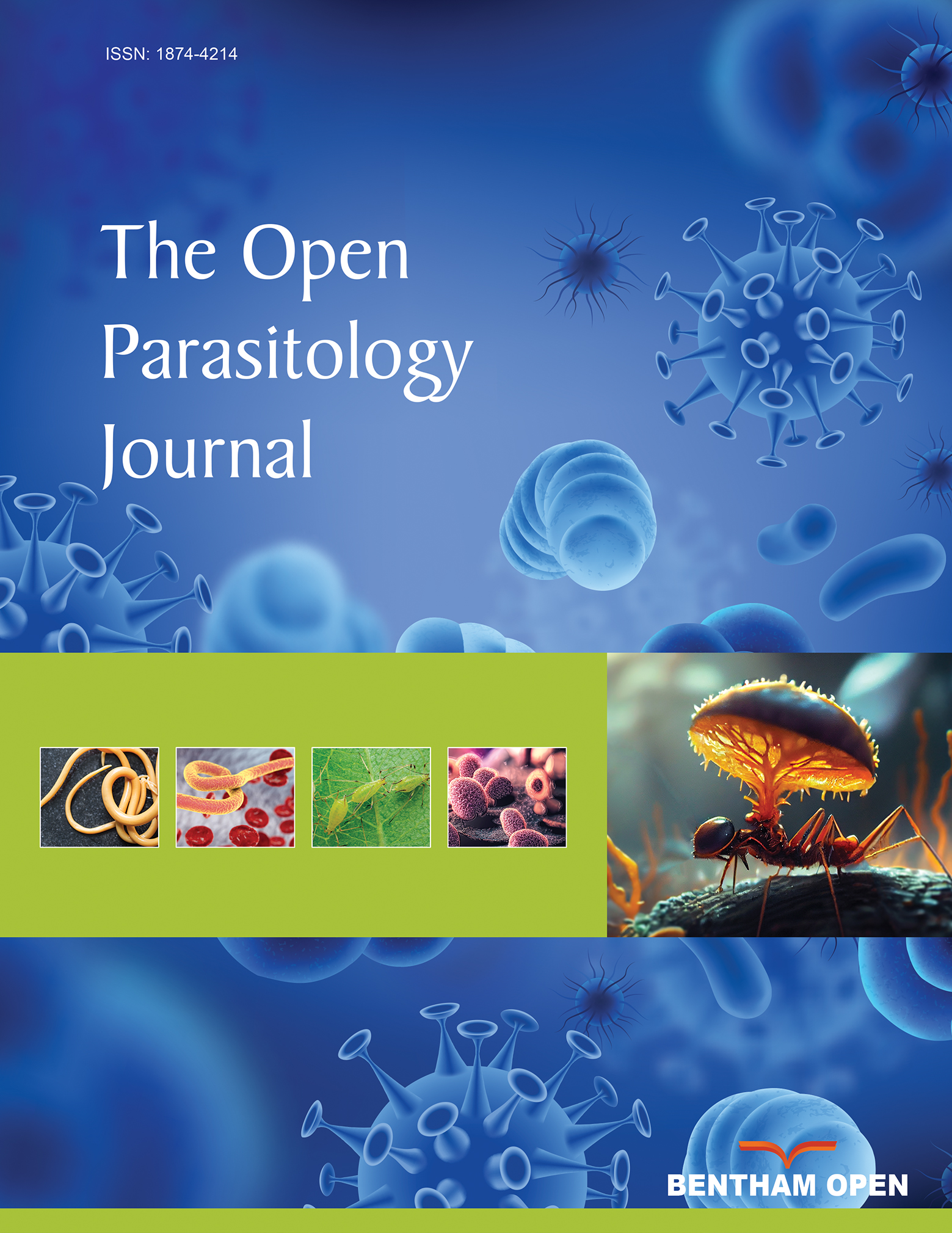Profile of Malaria in Pregnant Women Attending Antenatal Clinics in Rural Community in Nigeria
Abstract
We evaluated the malaria burden in randomly selected pregnant women (PW) attending antenatal clinics in Abuja, Nigeria, to establish an association between pregnancies, malaria. Structured questionnaire was administered by the ante-natal nursing staff and a research assistant. In total, 1400 pregnant women were screened between April and September 2004, and capillary blood samples were obtained and screened for malaria parasites in thin blood films and quantitative buffy coat analysis (QBC). In total, 1035 (73.9%) pregnant women were positive for Plasmodium falciparum; of which 578 (55.8%) were primigravidae; 299 (28.9%) second gravidae; and 158 (15.3%) were multigravidae, while 297 (28.7) were in their first trimester, 311 (30%) were in their second trimester, and 427 (41.3%) were in their third trimester. The highest prevalence of malaria parasite (31.6%) was found in those aged 26-30 years while the lowest prevalence (2.9%) occurred in those aged 41-46 years. Socio economically, prevalence of malaria parasite is highest in nonautomobile owners 84.4%, 66% in those with monthly income less than $100, and those living in vegetable thatched houses had 46.0%, while the lowest incidence (15.6%) was found in automobile owners. Of the 760 pregnant women who sought malaria treatment only 278 (34.2%) seek intervention in hospitals, while 59.4% got treatment outside the hospital or were on self medication. This study demonstrated a high prevalence of malaria in the population evaluated, and therefore underlines the need for urgent intervention through capacity building, implementation of intermittent preventive treatment (IPT), use of insecticides treated-nets (ITN) and effective case management of malaria illness. The delivery of these interventions through ante-natal clinics in Nigeria is highly critical and needs to be encouraged; strategies that encourage pregnant women to attend antenatal clinics early and consistently need to be developed. It is also important to develop coherent and effective policies and tools to tackle malaria and poverty.


